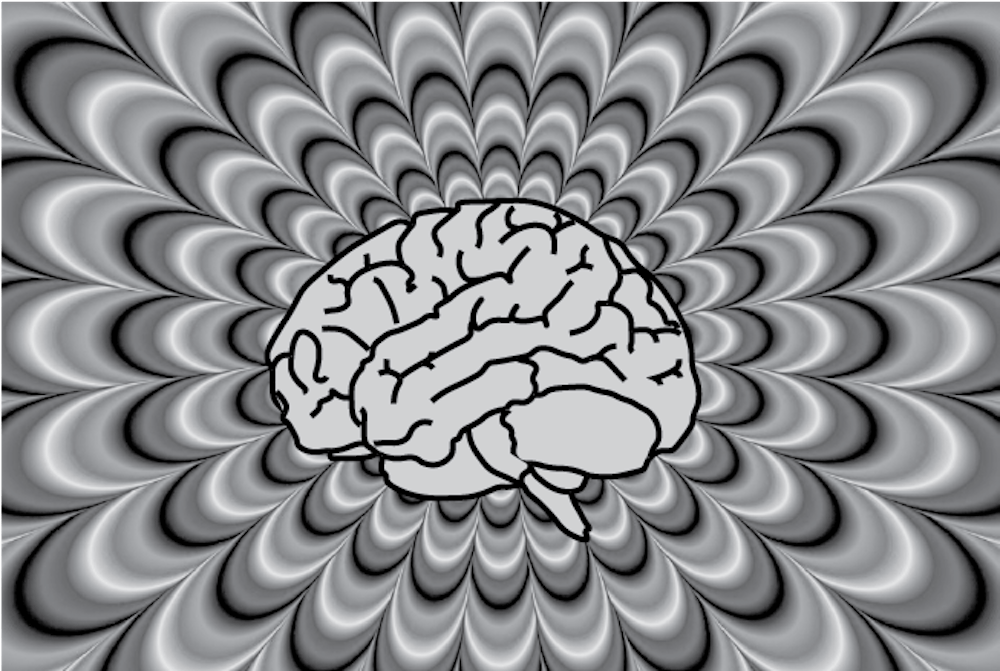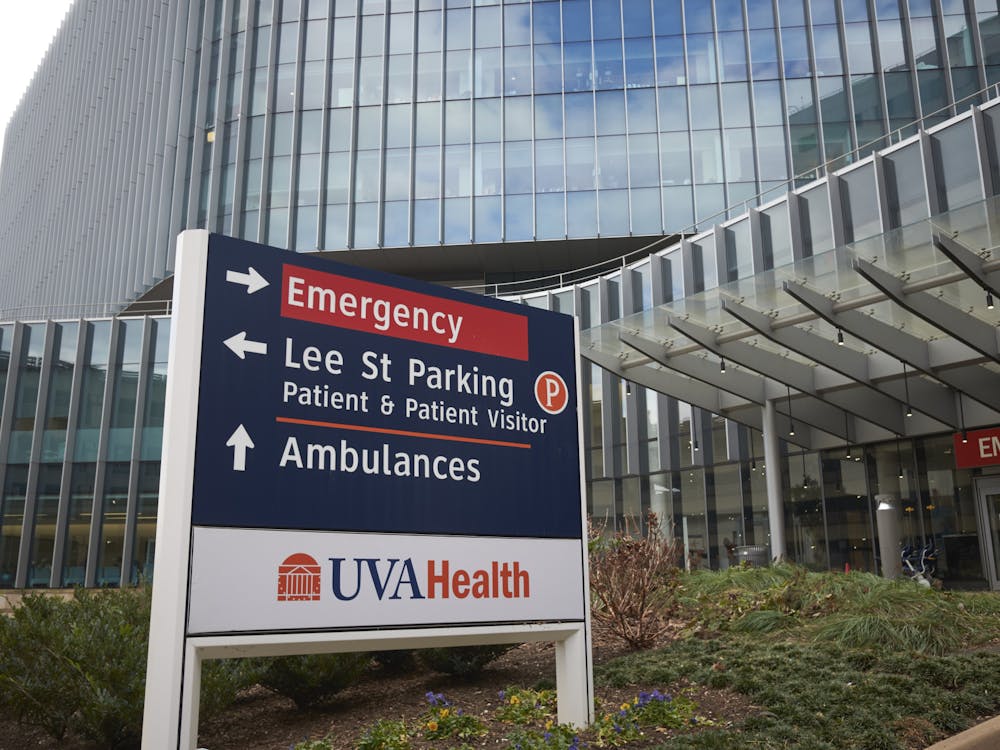According to a study at the University of Basel, lysergic acid diethylamide, or “LSD,” a psychedelic drug, could be used as a form of treatment for depression and other mood disorders. Although current research on the underlying mechanisms of hallucinogens like LSD is lacking, recent findings show that it interferes with serotonin — a neurotransmitter related to mood and appetite regulation — much like common treatments for depression and PTSD.
LSD, also known as acid, is a hallucinogen that causes “trips” involving distortions in sensory awareness, hallucinations and elevated mood. LSD molecules latch with serotonin receptors in the brain, putting a lid on the receptor — this most likely accounts for the long-lasting effects of acid and the euphoria that correlates with increased levels of serotonin.
Hallucinogens — such as MDMA, or ecstasy, “magic mushrooms” and LSD — all cause a rush of serotonin in the brain as well as reduced neural activity in the default mode network, a group of regions associated with higher-level thinking. Studies have shown that those with depression have more activity in the DMN, which would account for the repeated negative thoughts associated with depression.
Psychology Prof. Bethany Teachman wrote in an email to The Cavalier Daily about the psychological mechanisms associated with depression and mood disorders. Teachman specified that negative, rigid thinking, behavioral withdrawal and subsequent loss of environmental reinforcement and troubles in interpersonal relationships contribute to depression and difficulties regulating emotions.
Depression is rooted not only in negative internalizations and isolation from others, but also has neurological and biochemical underpinnings. Of the many neurotransmitters involved such as acetylcholine, dopamine and GABA, serotonin plays more of a vital role in modulating mood disorders. More specifically, people with depression have been found to have lower levels of serotonin, associated with higher risk for suicide.
A third-year student, who asked that his name not be used, spoke about his experiences with LSD and the effects that it had on his life personally, especially in regards to coping with depression.
“I definitely think that dropping LSD has helped me deal with my depression,” the anonymous student said. “And not having that censor over yourself while you’re tripping makes it easier to ask yourself hard questions and deal with personal issues without feeling the weight of those issues because it feels more like you’re just playing with a problem on paper or something. And it lets you take a breath … to look at your problems from a world where they don’t matter.”
Traditionally, most treatments for depression involve cognitive behavioral therapy or interpersonal therapy paired with medications that moderate levels of serotonin, like serotonin and norepinephrine reuptake inhibitors and selective serotonin reuptake inhibitors.
Timothy MacDonald, a chemistry and pharmacology professor, said there is a lack of general knowledge regarding LSD as well as the mechanisms that make SSRIs work.
MacDonald spoke about the nature of SSRIs, selective serotonin reuptake inhibitors, which work at the synapse to block the reuptake of serotonin. The blockage of reuptake allows for the enhancement of activation of all serotonin receptors.
The flood of serotonin associated with LSD parallels the effects of SSRIs, which lends credence to recent research done at the University of Basel, New York University and Johns Hopkins.
A recent study analyzing the relationship between LSD and the processing of negative emotions conducted by the University of Basel in Switzerland found that the drug decreased activity in a brain region responsible for negative emotions, especially fear.
Similarly, research conducted by New York University and Johns Hopkins discovered evidence for the hallucinogenic chemical psilocybin as a treatment for depression. The researchers found that doses of psilocybin mitigate feelings of depression and anxiety in cancer patients.
The same anonymous student who spoke about his personal encounters with LSD talked about how acid helps him with his mental illness but doesn’t act as a treatment.
“It kind of makes the mountains seem a little bit more like a molehill,” the anonymous student said. “It’s by no means a treatment, like I wouldn’t take LSD instead of taking antidepressants and going to therapy, but I definitely think that it aided and abetted my healing process.”
Teachman emphasized the importance of empirical research in determining any type of new treatment for mood disorders. She wrote about how she feels that effective treatments for mood disorders do exist and that more than anything it’s important for those struggling to get help.
“We have effective treatments available for people struggling with depression, PTSD, anxiety disorders, and a range of other mental and behavioral disorders,” Teachman said. “These treatments can greatly improve a person’s quality of life, so if someone is struggling or unsure if they have a problem, I strongly encourage the person to get an evaluation and ask about evidence-based care.”





